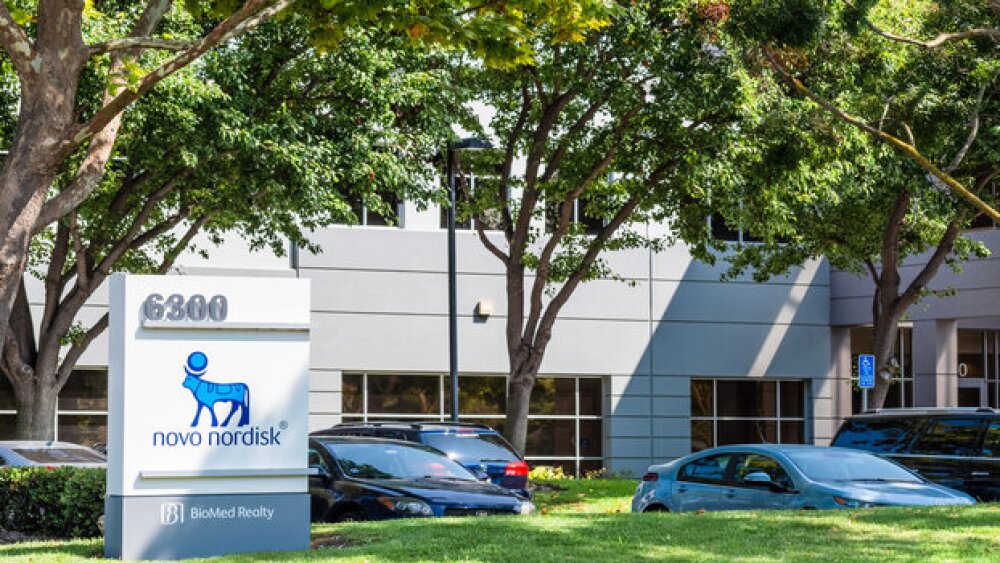BERGEN, Norway, October 1, 2013 /PRNewswire/ --
Key Points
• Presence of Axl receptor is an independent prognostic marker in patients with Acute Myeloid Leukemia (AML)
• The Axl receptor is a novel therapeutic target in AML, an aggressive cancer that is poorly served by currently available treatments
• BGB324, a first-in-class, highly selective Axl inhibitor, is currently in Phase 1 clinical testing
BerGenBio AS (“BerGenBio” or the “Company”), an oncology biopharmaceutical company, announces that a paper entitled “Axl, a prognostic and therapeutic target in acute myeloid leukemia mediates paracrine cross-talk of leukemia cells with bone marrow stroma"[1] by Ben-Batalla et al., has been published in Blood, the most cited peer-reviewed research journal in the field of hematology.
The paper reports research directed by Dr. Sonja Loges from the Department of Hematology, Oncology and Bone Marrow Transplantation with Section Pneumology and from the Institute of Tumor Biology, University Medical Center Hamburg-Eppendorf, that identifies a significant role for the Axl receptor in the progression and therapeutic resistance of AML. The Hamburg team’s results reveal a novel Axl-dependent mechanism where AML cells evade treatment by establishing a protective niche in the bone marrow. Growth Arrest-specific protein 6 (Gas6) is released by bone marrow cells and facilitates AML cell proliferation, survival and resistance by activating the Axl receptor. Blocking Axl activity by the selective inhibitor BGB324 is shown to reduce AML proliferation and induce apoptosis (programmed cell death), leading to enhanced survival in preclinical models. These studies, in part sponsored by BerGenBio, support the development of BGB324 as a novel treatment of Axl-expressing AML.
In June 2013, BerGenBio announced that BGB324 had begun a Phase 1 clinical trial designed to evaluate the safety, tolerability, pharmacokinetics and pharmacodynamics of the drug.
Sonja Loges, MD PhD, Group Leader, Department of Hematology, Oncology and Bone Marrow Transplantation with Section Pneumology & Institute of Tumor Biology, University Comprehensive Cancer Center Hamburg, University Medical Center Hamburg-Eppendorf commented: “Our findings detailed in this paper provide evidence for a specific role of the Gas6-Axl axis in the progression of AML. Additionally, we have shown that the selective Axl inhibitor BGB324 reduces proliferation and induces apoptosis of patient AML cells.”
Richard Godfrey, CEO of BerGenBio commented: “The results of this research support our view that selective Axl-targeting agents hold significant promise in aggressive cancers where this receptor is expressed on tumor cells. As far as we are aware, our novel lead drug, BGB324, is the first Axl-selective inhibitor to enter the clinic and we look forward to future studies exploring the clinical opportunity for BGB324.”
About the Axl kinase receptor
Axl is a member of the Tyro3, Axl, Mer receptor (TAMR) tyrosine kinase family and is a fundamental receptor to cancer biology. It plays a crucial role in the epithelial-mesenchymal transition (EMT) which is a key driver of metastasis (cancer spread) and a mechanism of drug-resistance. The Axl receptor is regarded as one of the most promising new therapeutic targets for cancer drug development.
About BGB324
BGB324 is a novel, oral, highly selective small molecule inhibitor of Axl Kinase. Preclinical in vivo studies have shown that BGB324 has both single agent activity in hematological and some solid tumors and is very effective in preventing and reversing acquired resistance to standard of care cytotoxics and targeted therapies. BGB324 is currently in Phase 1 clinical trial to evaluate its safety, tolerability, pharmacokinetics and pharmacodynamics.
About Acute Myeloid Leukemia
Acute Myeloid Leukemia (AML) is an aggressive cancer of the blood and bone marrow. It is characterized by the rapid growth of abnormal white blood cells that accumulate in the bone marrow and prevent the production of other normal blood cells. It is estimated that 1 in 243 people will be diagnosed with AML during their lifetime. In the United States, the five-year overall survival is 24%.[2] It is estimated that 40-45% of patients younger than 65 years can be cured with current therapies, however only 10% of older patients achieve long-term survival.[3]
Help employers find you! Check out all the jobs and post your resume.




